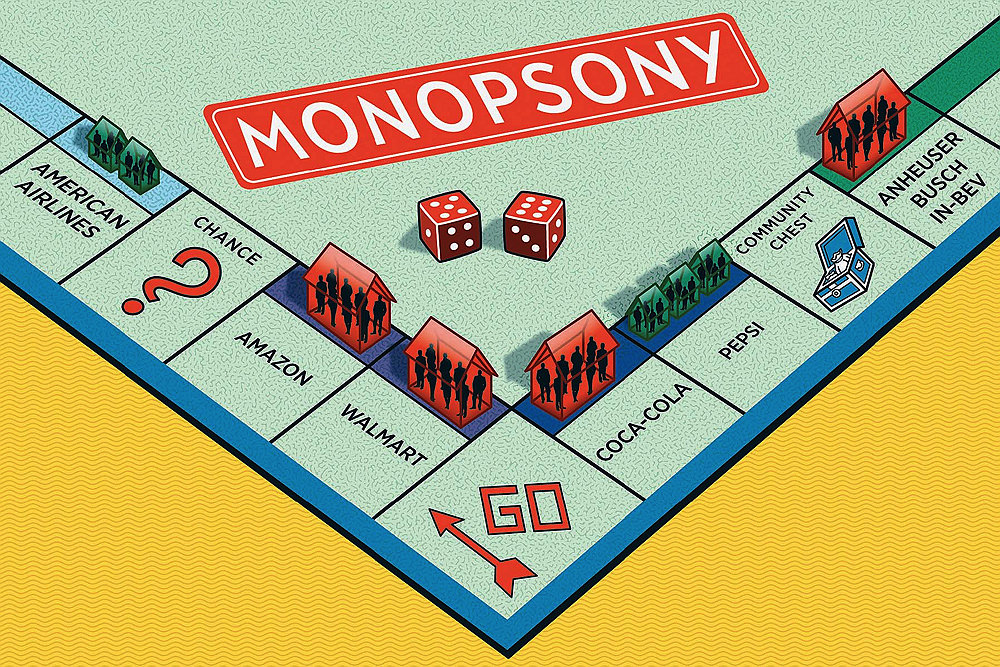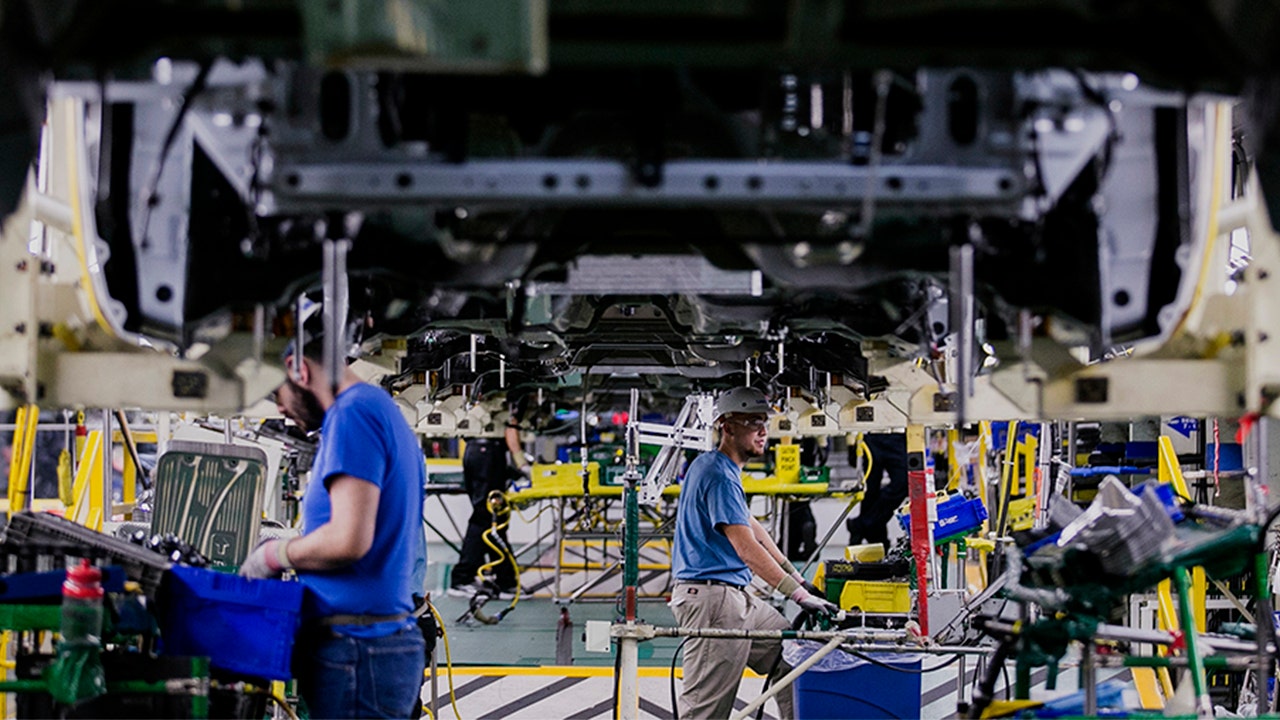beautress
Always Faithful
- Sep 28, 2018
- 30,227
- 21,869
I'm pretty much sure that since Chinese Emperors were worshipped by workers, the people in China are agreeable to their situation.China is not a country...they are a gulag of slave labor....just like you would want to see here....Isolated countries fail economically.I'm 100% for it. Regardless we have to continue exports to maintain our status as world power, otherwise we'd give that status to China. If countries were to become isolated, then yes, no country would complete with the USA, we'd be set.
I think we should also end foreigners owning U.S. real estate. That said millennial's already screwed the pooch on that one. Many figured they were above property ownership. They didn't take into account they'll be paying the Chinese rent in the form of 5Kish by their 60th B-days.




